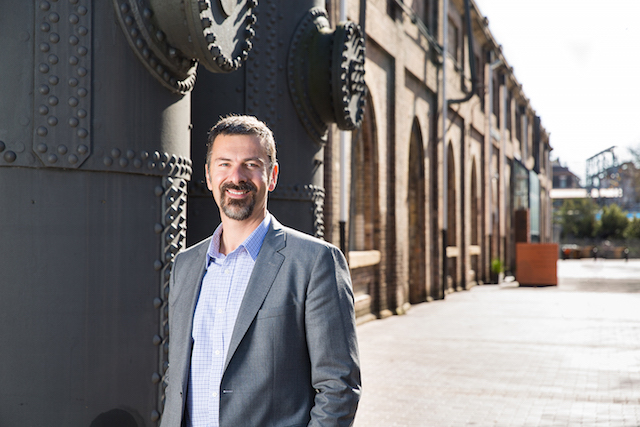Can bureaucrats define innovation? It seems Australia is about to find out as the country’s regulators struggle to decide what businesses will be eligible for taxation concessions under the government’s Innovation Statement.
That bureaucrats are tasked to identify what businesses are worthy ‘innovators’ is worrying for those of us who hoped the new Australian Prime Minister would end two decades of managerial complacency.
Adding to the ‘business as usual’ under the revamped government was a speech by the Minister for Mineral Resources yesterday describing the glowing future of the nation’s resource industry in face of continuing Chinese demand.
While Josh Frydenberg was delivering that speech to Canberra’s National Press Club, the world’s biggest shipping line, Maersk, reported an 83% drop in profits in the face of slowing global trade and collapsing Chinese commodity demand.
Australia’s long term economic policy of riding on the back of a never ending Chinese resources boom is looking shaky, and the luxury of a tax system that favours property speculation over productive investment is increasingly looking unsustainable.
Rather than looking at ways to define ‘innovative’ companies, Australian governments would be better served levelling the playing field to attract investment into new businesses, inventions and productive infrastructure.
Just as a narrow group of tech startups are important so is investment into new plant and equipment for agriculture, manufacturing and tourism. Encouraging workers to attain new skills should also be an objective of the tax system, instead of disallowing school fees and book costs.
The treatment of taxpayers’ education costs versus that of property speculation expenses speaks volumes about the current priorities of the Australian tax system.
For a government wanting to encourage productive, employment generating investment and building a first world economy that’s competitive in the 21st Century, the first priority should be to put all forms of investments on the same footing.
Asking a committee of well meaning bureaucrats to create an artificial group of ‘innovative businesses’ seems unlikely to help Australian workers and businesses meet the challenges of a digital century.





